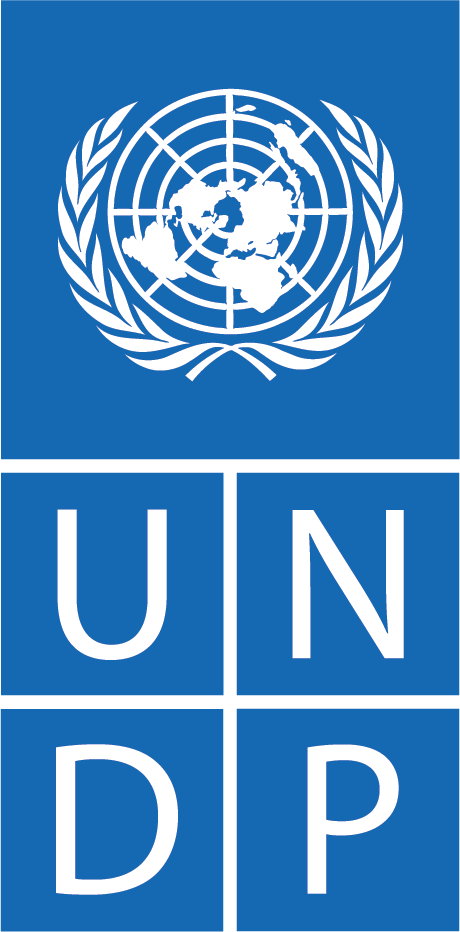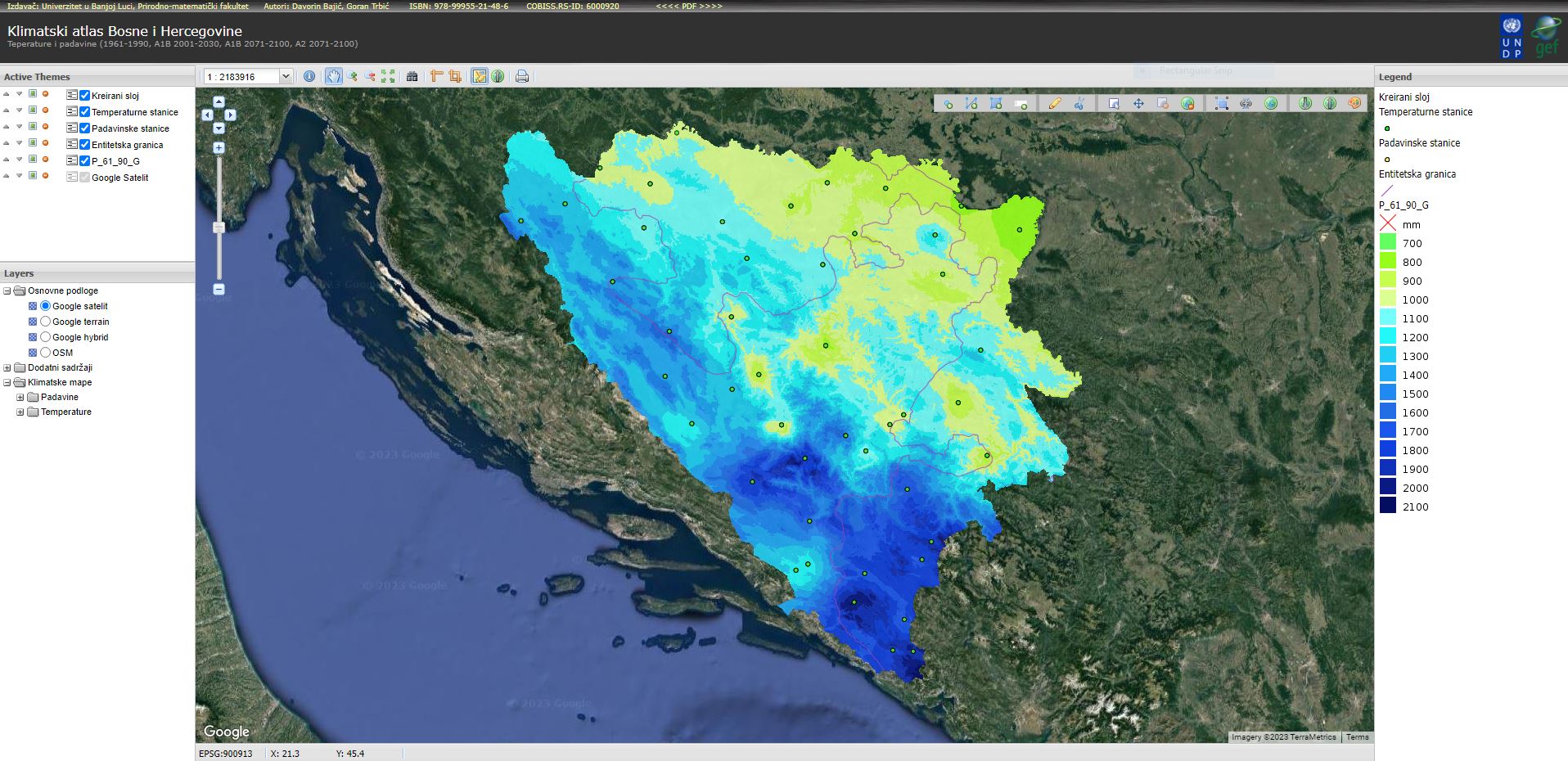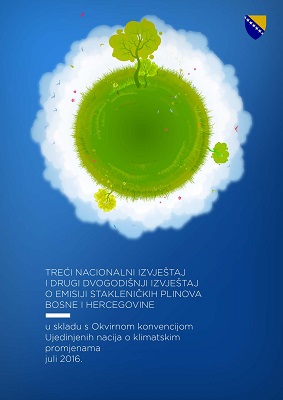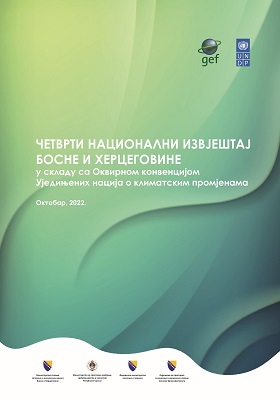Third National Communication of Bosnia and Herzegovina under the United Nations Framework Convention on Climate Change
UNDP, BiH in partnership with the Republic of Srpska Ministry for Spatial Planning, Construction and Ecology, and GEF financial support, has started implementation of the Project Enabling Activities for the Preparation of Bosnia and Herzegovina’s Third National Communication to the UNFCCC. The Project aims to enable Bosnia and Herzegovina to produce and disseminate its Third National Communication (TNC) to the Conference of the Parties (CoP) of the UN Framework Convention on Climate Change (UNFCCC) according to Decision 17/CP8 and other guidance provided. The TNC will update and strengthen information provided regarding climate changes, greenhouse gas inventories, climate change mitigation, vulnerability to climate change and steps taken to adapt to climate change, as well as information on public awareness, education, training, systematic research and technology transfer. The Project will also increase the capacity to produce subsequent national communications that meet CoP guidelines.
This Project will not only support BiH in meeting its obligations as a UNFCCC signatory but will also serve as a significant strategic document for sustainable development, as well as a link between environment protection, climate changes and key socioeconomic development issues. The Project engages over 30 local and international experts.
Project activities are structured around the completion of four chapters of the Third National Communication:
Development of greenhouse gas inventory (GHG) will result in an updated GHG inventory for Bosnia and Herzegovina to cover the years 2001-2009 and 2012-2013 period, completing inventories made in the context of the INC, SNC and FBUR, and therefore covering the full period 1990-2013. TNC activities will also strengthen data collection and analysis in other key areas such as emissions from minerals extraction and metallurgy, solvents production, agriculture, wastewater, and waste incineration and improve energy sector emissions data and estimates. Capacity strengthening in the area of inventories will be provided via close cooperation with entity-level HMI’s in data gathering and calculation. The Project will also provide training and support for improvements in the Pollution Release and Transfer Registries (PPTRs) at the entity-level ministries.
Vulnerability assessment and adaptation measures will result in an updated assessment of climate changes in BiH and its vulnerability to climate change. Modeling efforts will be strengthened compared to the SNC via development of an additional climate change scenario and local capacity in this area will be further enhanced through the use of new software, training, and institutional partnerships. The modelling will also be supported by the identification of appropriate indicators for monitoring climate change and the development of recommendations on a system for collecting data for these indicators. Flood and drought parameters, including hydrological draught will be specially addressed and obtained data will be incorporated into weather and disaster database. While the SNC provided only qualitative analysis to describe vulnerability to CC in the five key sectors, climate vulnerability assessment in TNC will be strengthened with assessment of economic impacts by sectors and pilot studies on CC impact in health and tourism sectors will be conducted. Based on the above analysis, potential adaptation measures in these areas will be identified and prioritized.
Mitigation analysis will result in an updated chapter on measures to mitigate climate change in BiH that will model potential emission trajectories through 2050 and will incorporate recent findings on economic development and specific measures and projects with mitigation benefits. Activities will support data collection, scenario development, analysis of current and potential mitigation measures (including the cost-benefit analysis of identified mitigation measures), focusing primarily on the five sectors identified as priority areas in the SNC and determined to be in need of strengthening during stakeholder consultations: electricity production, district heating/buildings, transport, waste and agriculture/forestry. This component of the project will provide guidance and recommendations on country-appropriate mechanisms and infrastructure for NAMAs and MRV systems.
TNC will also provide an updated chapter on national circumstances focusing primarily on updating basic information about BiH based on 2013 census data. It will also provide progress updates on issues related to other information and new information relevant to the TNC (development and transfer of technology, research and systematic observation, education, training and public awareness, capacity building and constraints and gaps). The project will undertake a technology needs assessment (TNA) which will fill a critical gap and provide important information to donors, investors and policy-makers. Capacity strengthening and awareness raising will continue via teacher training, integration of climate change issues into educational curriculum at the primary, secondary, and post-secondary levels, and training for state- and entity-level officials.






